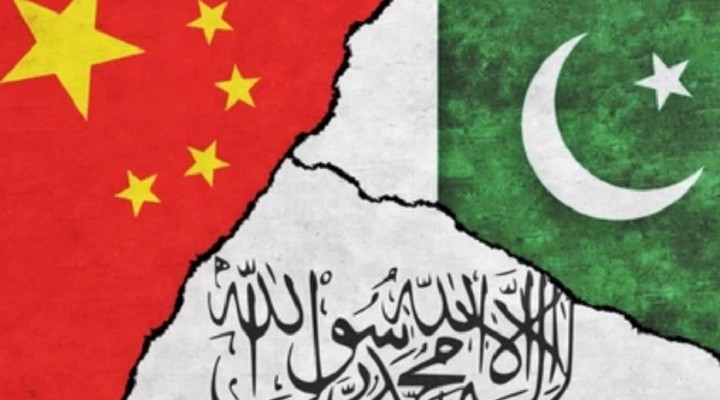Afghanistan’s Participation In CPEC Would Be Positive But Can’t Be Taken For Granted

The tense Pakistani-Taliban security dilemma, US influence over Islamabad, and CPEC’s lackluster progress in recent years combine to temper expectations.
The Taliban’s acting Commerce Minister revealed that Afghanistan requested to join the Belt & Road Initiative’s (BRI) flagship China-Pakistan Economic Corridor (CPEC) during last week’s forum. This would be a positive development, but it can’t be taken for granted due to the tense Pakistani-Taliban security dilemma that can be learned more about in the preceding hyperlinked analyses. In brief, Pakistan accuses the Taliban of hosting TTP terrorists while the Taliban accuses Pakistan of being a US proxy.
Until these very serious issues are resolved, the Taliban’s ambitious plans will likely be for naught. China has an interest in mediating between them because CPEC’s expansion to Afghanistan and thenceforth to Central Asia would restore faith in this stalled flagship project, but it’ll have to compete with the US, which wants to maintain this security dilemma for regional divide-and-rule purposes. Furthermore, American influence over Pakistan’s post-modern coup regime is much stronger than China’s.
Nevertheless, that aforesaid factor hasn’t led to China abandoning CPEC even in spite of The Intercept recently citing leaked documents to report that Pakistan is arming Ukraine against Russia via the US, which is unrealistic to expect in any case since CPEC is now synonymous with BRI. Beijing will continue to back CPEC for that reason, which explains why it and Islamabad reached an agreement last week to divide the cost of the $7 billion ML-1 railway from Peshawar to Karachi that’ll take 16 years to finish.
Upon its completion, that megaproject is expected to complement the planned China-Kyrgyzstan-Uzbekistan (CKU) railway to create a ring around the region for reinforcing BRI’s role in the Eurasian Heartland’s 21st-century economic development, by which time Pakistani-Taliban tensions might possibly subside. One-sixth of a century is a long time however and the world might look very different by 2039, so it also can’t be assumed that both railways will ultimately be built, though at least one probably will.
Of these two, the CKU is arguably China’s priority since it’s expected to form a crucial part of the broader China-Central Asia-West Asia Economic Corridor (CCAWAEC) that overlaps with Turkiye’s Middle Corridor and aims to expand to Europe, whether via that West Asian country and/or via the Black Sea. Moreover, China already utilizes this route to trade with Afghanistan after launching an intermodal rail-truck corridor to there over the summer, which proves that it favors these means for bilateral trade over CPEC.
Considering this, while it would be a positive development if Afghanistan participates in CPEC, it can still reap the benefits of BRI and resultantly unlock a lot of its economic potential even if it only participates in the CKU/CCAWAEC. In fact, the Taliban would do well to focus on this over CPEC owing to its continued security dilemma with Pakistan and the possibility that the latter’s ML-1 railway might either stall like most CPEC projects nowadays or possibly not even be completed, thus making it unreliable.
https://korybko.substack.com/p/afghanistans-participation-in-cpec
 TheAltWorld
TheAltWorld 
0 thoughts on “Afghanistan’s Participation In CPEC Would Be Positive But Can’t Be Taken For Granted”